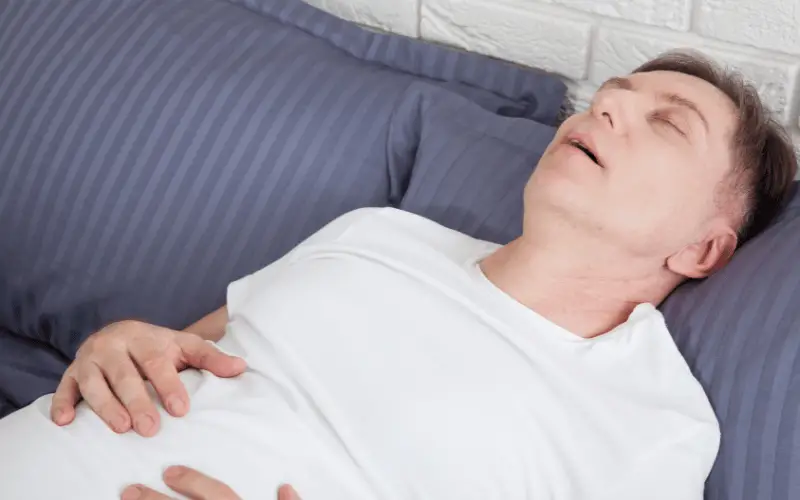Introduction: The Silent Battle of Sleep Apnea
Sleep apnea is more than just loud snoring or transient choking sounds at night. It’s an intricate dance of pauses in breathing that can lead to multiple awakenings, albeit briefly, throughout the night.

While many dismiss it as mere discomfort, the truth lies deeper. Sleep apnea is a silent health burglar, robbing millions of restful nights and exposing them to a slew of health hazards. As we journey through this exploration, our aim is to shed light on the root causes of sleep apnea, enhancing awareness and fostering a better understanding of this clandestine condition.
Despite its seemingly invisible nature, sleep apnea has telltale signs. From daytime fatigue to high blood pressure and heart problems, its effects are far-reaching.
But what causes it? Why do some people snore loudly, wake up with a choking sensation, or feel excessively sleepy during the day? The answers lie in its underlying causes.
In this write-up, we will meticulously detail each of the five main reasons behind sleep apnea. By understanding these causes, we move a step closer to finding effective solutions. Whether it’s lifestyle changes, medical interventions, or innovative treatments, understanding the root causes is the first significant stride towards achieving a sound sleep.
1. Obstructive Sleep Apnea (OSA): When Physical Blockages Take Over

The majority of sleep apnea cases stem from Obstructive Sleep Apnea or OSA. It’s like a night-time thief, silently sneaking in and disrupting our breathing.
Picture this: you’re in deep slumber, and suddenly the soft tissue at the back of your throat collapses. The result? A temporary halt in your breathing pattern.
Several factors play into this obstructive dance. From the anatomy of your jaw, tongue, and tonsils to external influencers like obesity and age. While some folks are genetically predisposed to OSA due to their skull and neck structure, others might encounter it due to external factors.
Lifestyle habits significantly sway the scales here. Excessive smoking, alcohol consumption, and even certain medications can lead to muscle relaxation, heightening the risk. On the other hand, being overweight adds pressure to the airway, making obstruction more likely.(1)